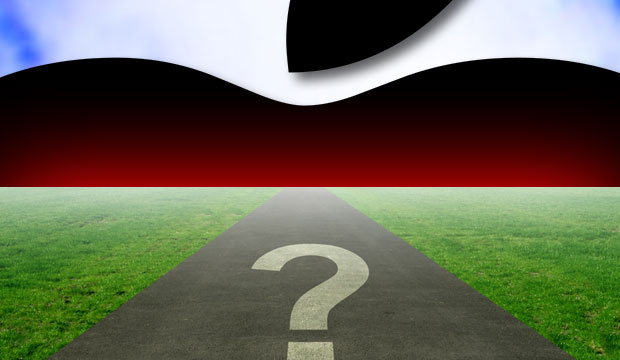News about Apple’s plans for the automotive market have been dripping slowly from the company for months, and CEO Tim Cook this week released a few more drops from the faucet.
Apple’s auto efforts are zeroing in on autonomous systems, he said in an interview with Bloomberg.
Self-driving is a core technology that Apple considers very important to its auto plans, but it’s very challenging from an artificial intelligence perspective, Cook noted, characterizing it as “the mother of all AI projects.”
A major disruption is ahead for the transportation industry, he predicted, because three change vectors — self-driving cars, electric vehicles and ride hailing — are converging in the same time frame.
Asked if Apple had plans to manufacture its own car, Cook responded: “We’ll see where it takes us. We’re not really saying from a product point of view what we will do.”
‘Trumpian Ambiguity’
Apple watchers looking for something concrete about the company’s auto plans probably were disappointed by the CEO’s remarks to Bloomberg.
“All Cook said was Apple was focusing on autonomous systems,” said Roger Lanctot, associate director for the global automotive practice at Strategy Analytics.
“That’s Trumpian level ambiguity, ” he told TechNewsWorld.
Solving the problem of automated driving will create a unique value proposition that Apple wants to participate in, Lanctot said, but “what that participation will be is totally unclear.”
One thing that is clear, however, is the importance of the market to Apple.
“Transportation is the next frontier,” Lanctot maintained. “It’s a massive software, hardware and service opportunity for Apple.”
Expanding App Universe
At the very least, automobiles can expand the number of endpoints running Apple apps and requiring the company’s products and services.
“It has the potential of being a very big deal to Apple with serious profitability potential,” said Tim Bajarin, president of Creative Strategies.
At the software level, nobody is blowing anyone away in the automotive market at the moment, he noted.
“Apple is known for creating great software and could clearly provide a powerful and important solution in delivering a smart vehicle and OS layer that would allow developers to create apps that make sense for autonomous vehicles,” Bajarin told TechNewsWorld.
“Given Apple’s skills and clout,” he continued, “I have no doubt that if they enter this market, whatever software solution they create could be important for those creating autonomous vehicles — as well as Apple.”
Autonomous vehicles likely will make autos more than just a means of transportation.
“The car will turn quickly into an extended living room and office, and the Apple experience will need to be there,” said Patrick Moorhead, principal analyst at Moor Insights and Strategy.
“In the end, Apple will be one of the big players in autonomous driving,” he told TechNewsWorld, “first because of their software capability, and second because of their deep pockets.”
Potholes in Road Map
If Apple becomes a major player in the autonomous vehicle market, it will have to do so in the face of some stiff competition.
“You could argue that Apple is more innovative and better funded than some, but several of its rivals in the space, including Google-Waymo and the major auto manufacturers, are formidable,” said Charles King, principal analyst at Pund-IT.
While autonomous systems may be important, it’s likely there’s a bit of wishful thinking in Cook’s remarks about them, he suggested.
“Apple clearly needs to branch out from its reliance on smartphones, but the actual markets for autonomous cars have yet to be established, and demand is likely to vary wildly according to situation and place,” King told TechNewsWorld.
If Apple produces only the software for an autonomous vehicle, it could face another problem.
“Unless some very big names are included in Apple’s announcement, an autonomous vehicle OS will look like a solution in search of a problem,” King said.
“To maintain its luxury product cachet, Apple would probably want to partner, at least initially, with makers of higher-end mass market vehicles, like BMW and Mercedes,” he added. “Problem is, both of those companies are already developing their own in-house systems.”























































